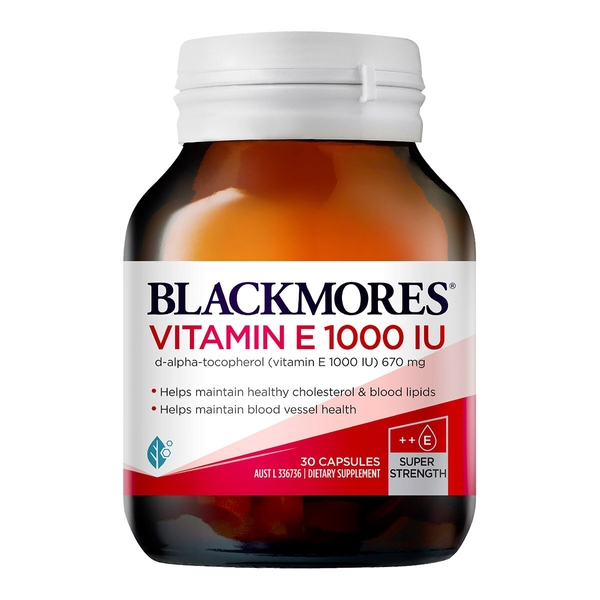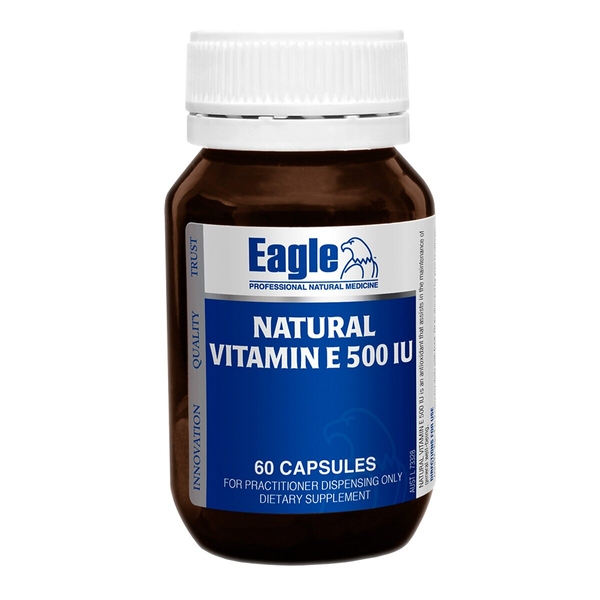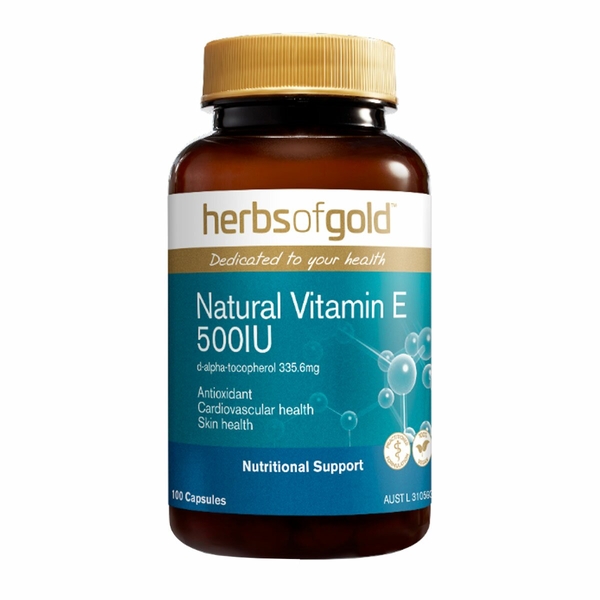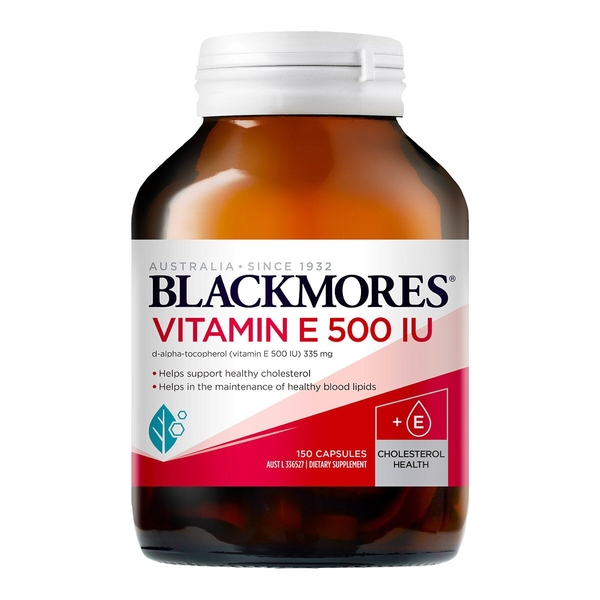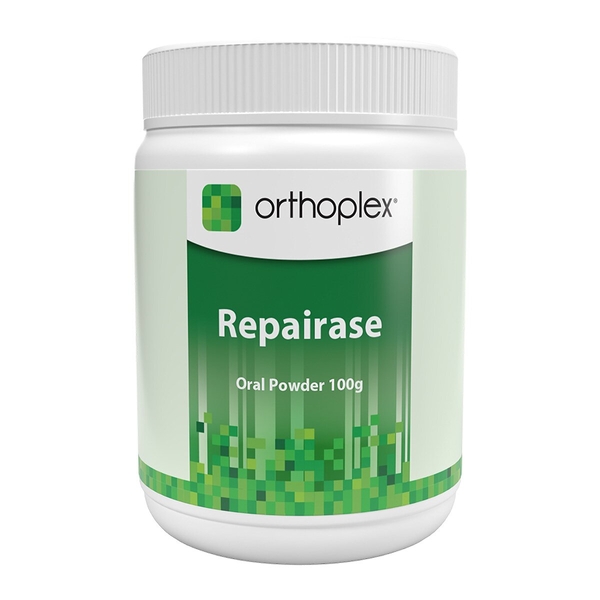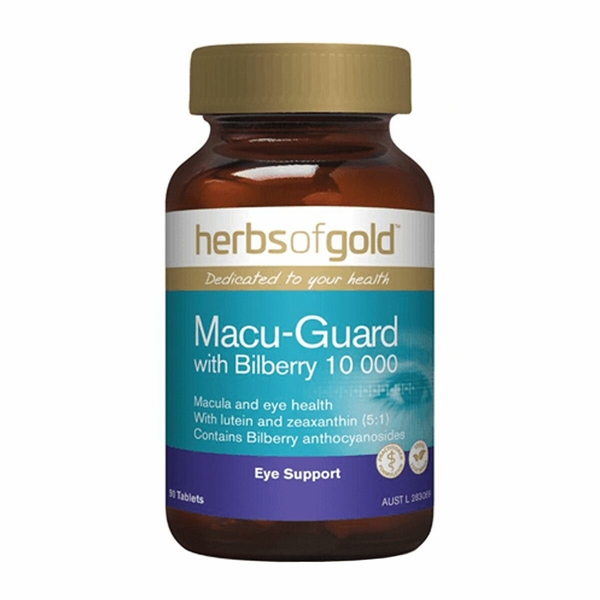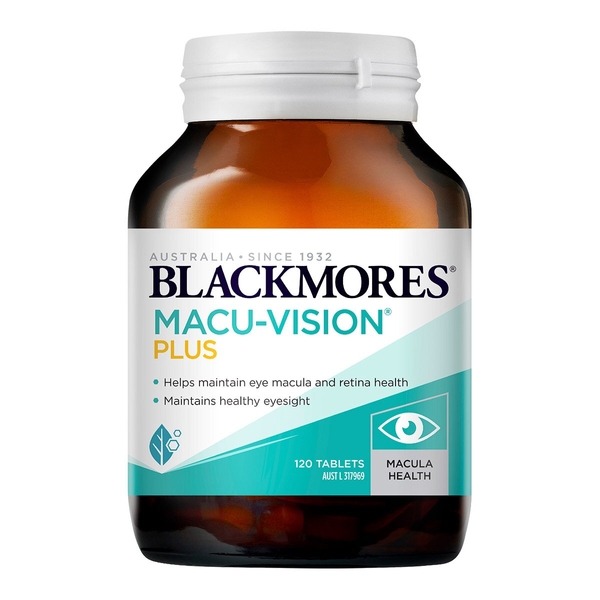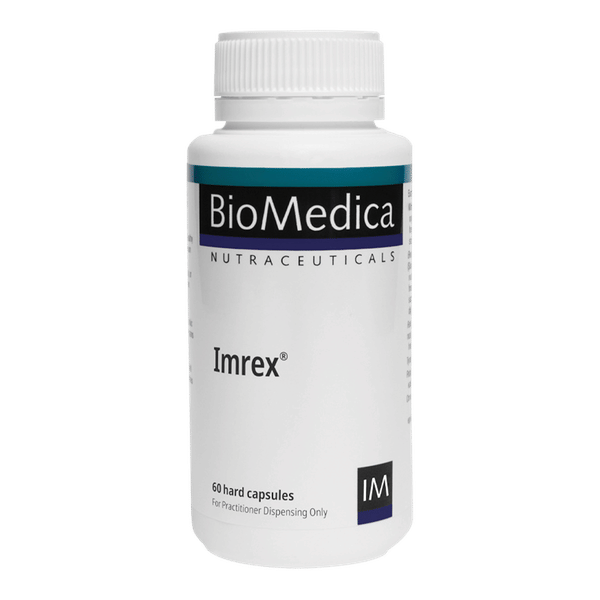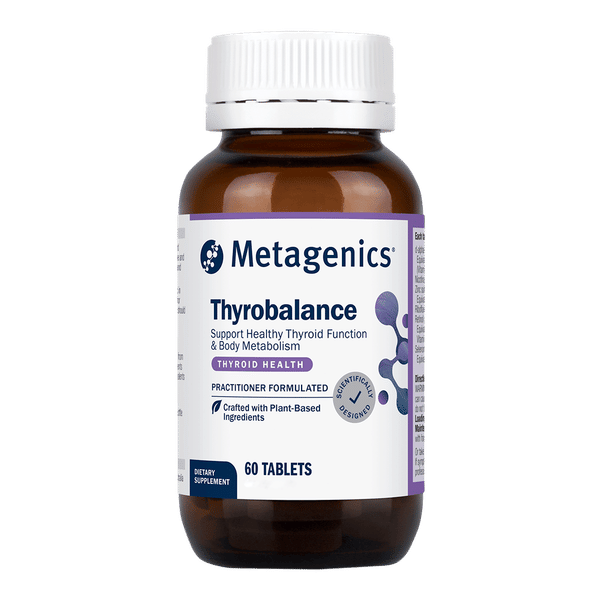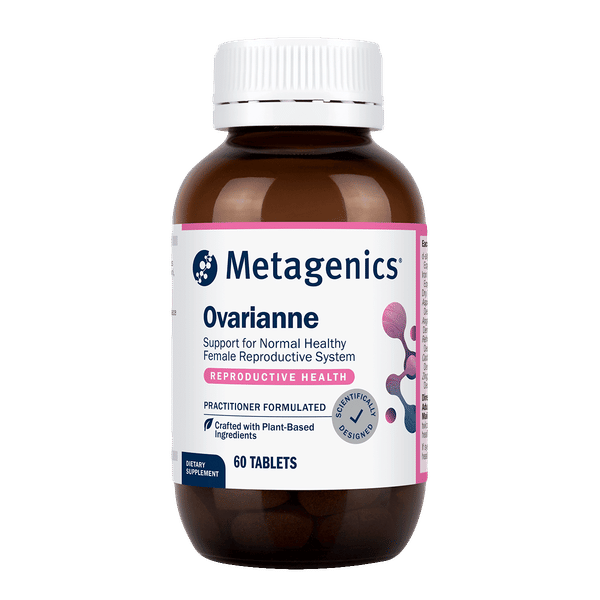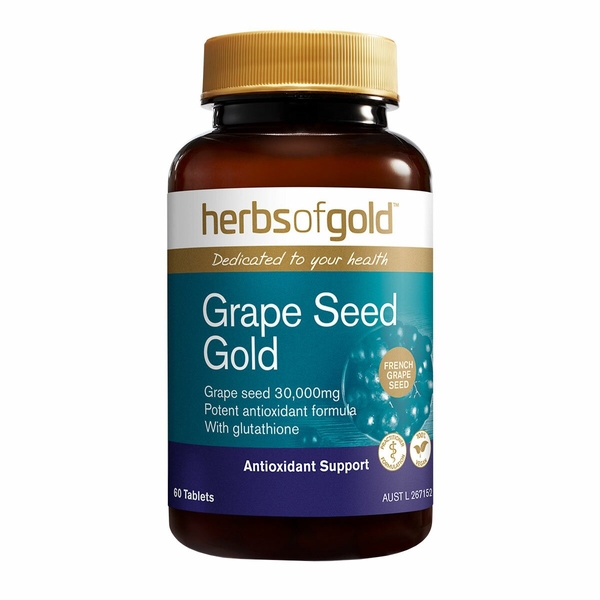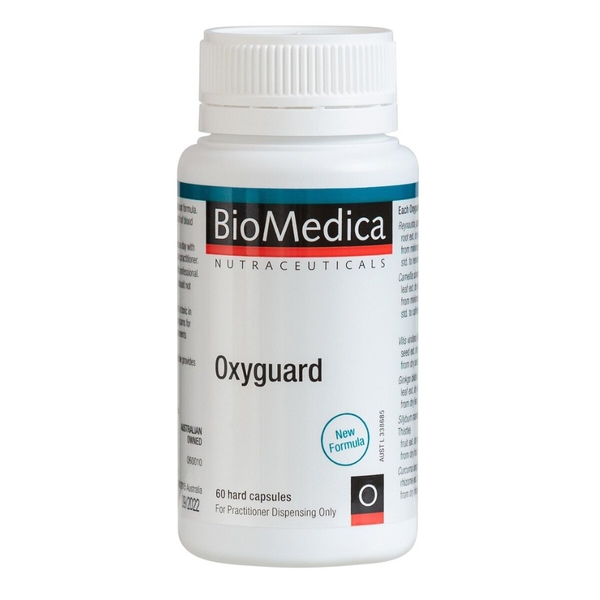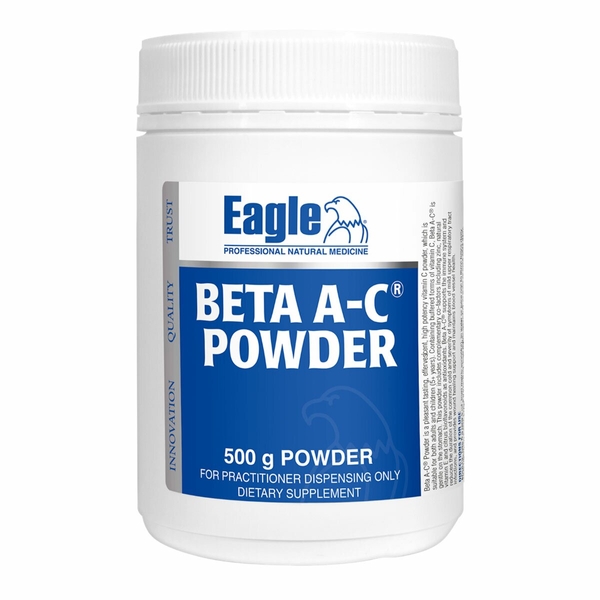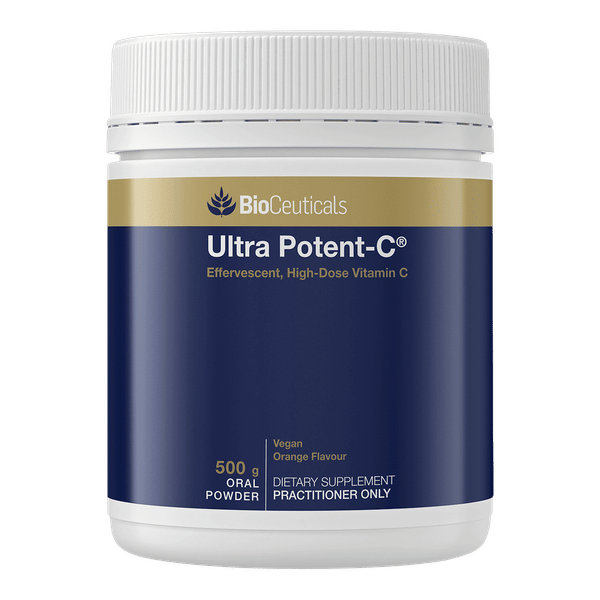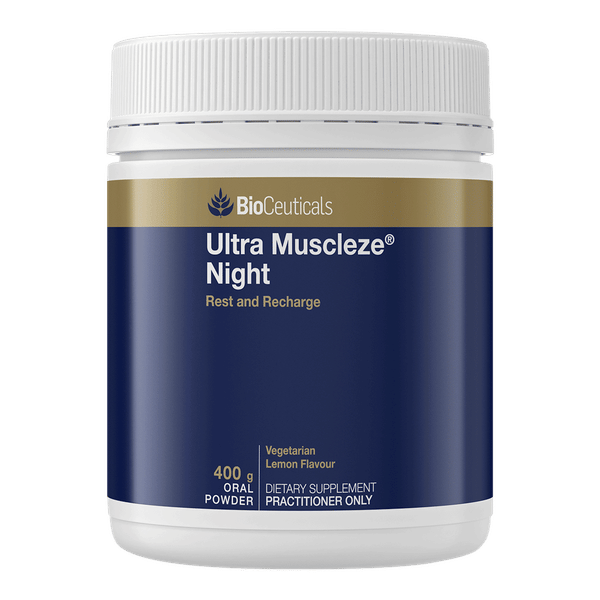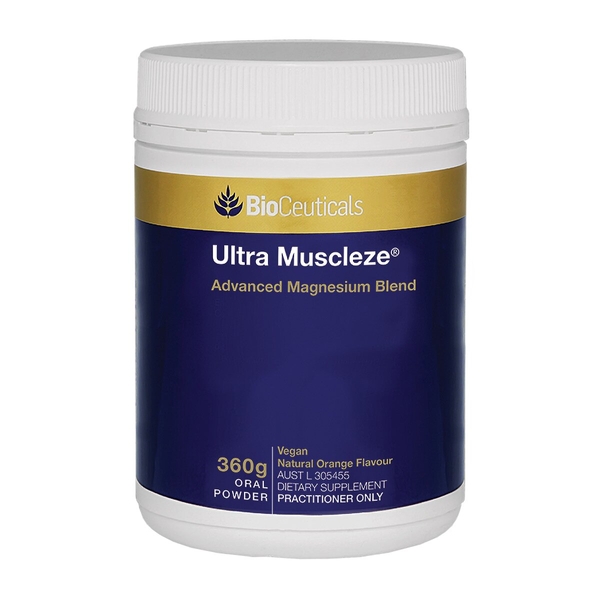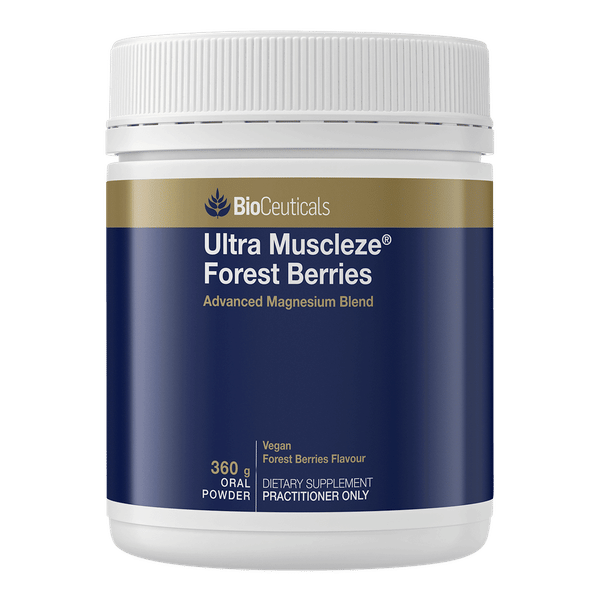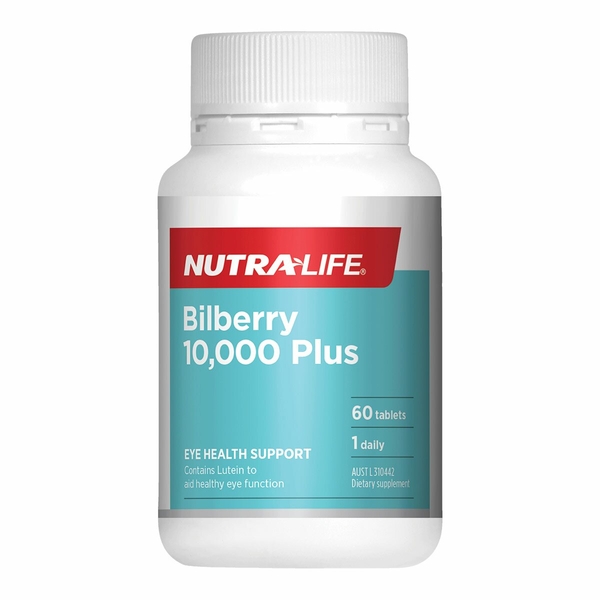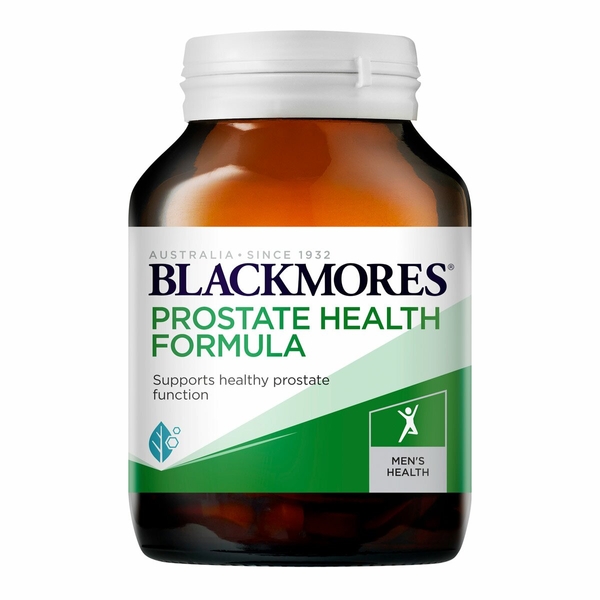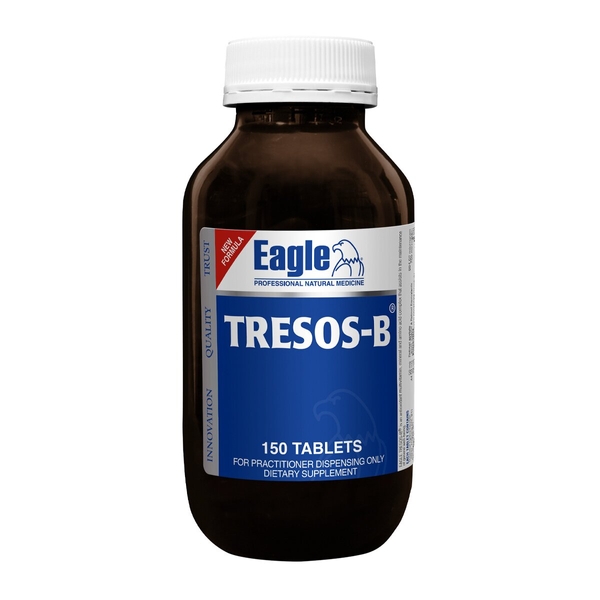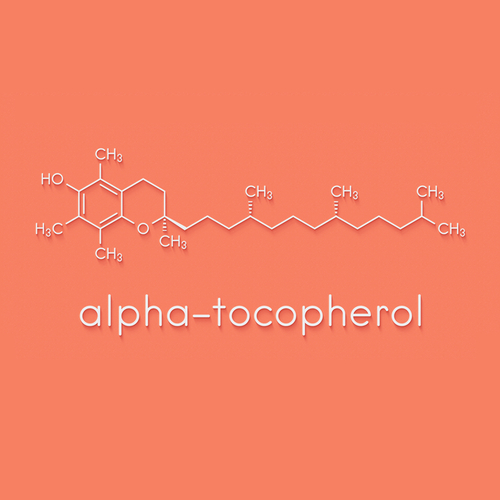
Background
Vitamin E is an important vitamin required for the proper function of many organs in the body. It is also an antioxidant. Vitamin E that occurs naturally in foods (RRR-alpha-tocopherol) is different from man-made vitamin E that is in supplements (all-rac-alpha-tocopherol).
Vitamin E is used for treating vitamin E deficiency, which is rare, but can occur in people with certain genetic disorders and in very low-weight premature infants. Vitamin E is also used for depression, high blood pressure, and many other conditions, but there is no good scientific evidence to support many of these other uses.
Safety Safety definitions
When applied to the skin: Vitamin E is likely safe for most people.
When inhaled: Vitamin E is possibly unsafe. Use of e-cigarettes and other vaping products containing vitamin E acetate has been linked to serious lung injury in some people.
Special Precautions & Warnings:
Pregnancy: When used in the recommended daily amount, vitamin E is possibly safe during pregnancy. Do not take vitamin E supplements during the first 8 weeks of pregnancy without speaking with your healthcare provider. It might be harmful to the baby. Later in pregnancy, the maximum recommended amount of vitamin E is 800 mg in those 14-18 years of age and 1000 mg in those older than 18 years of age.Breast-feeding: Vitamin E is likely safe when taken by mouth in recommended daily amounts. The maximum recommended amount of vitamin E while breast-feeding is 800 mg in those 14-18 years of age and 1000 mg in those older than 18 years of age. Vitamin E is possibly unsafe when taken in doses greater than the maximum recommended amount.
Children: Vitamin E is likely safe when taken by mouth appropriately. But children should avoid taking doses of vitamin E higher than the daily upper limits. These limits are 300 IU in children 1-3 years of age, 450 IU in children 4-8 years of age, 900 IU in children 9-13 years of age, and 1200 IU in children 14-18 years of age.
Bleeding disorders: Vitamin E might make bleeding disorders worse. If you have a bleeding disorder, avoid taking vitamin E supplements.
Heart disease: Vitamin E might increase the risk for death in people with a history of heart disease. People with a history of heart disease should avoid taking doses of vitamin E greater than 400 IU daily.
Diabetes: Vitamin E might increase the risk for heart failure in people with diabetes. People with diabetes should avoid taking doses of vitamin E greater than 400 IU daily.
Head and neck cancer: Vitamin E might increase the chance that this cancer will return. Do not take vitamin E supplements in doses greater than 400 IU daily.
Weak and brittle bones (osteoporosis): Exercise is sometimes used by people with osteoporosis to improve bone strength. Exercising and taking high doses of vitamin E and vitamin C might lessen the benefits of exercise on bone strength.
Prostate cancer: Vitamin E might increase the chance of developing prostate cancer. The effect of vitamin E in people who currently have prostate cancer isn't clear, but it might worsen the condition.
An inherited eye condition that causes poor night vision and loss of side vision (retinitis pigmentosa): All-rac-alpha-tocopherol (synthetic vitamin E) 400 IU seems to speed vision loss in people with this condition. But much lower amounts (3 IU) don't seem to have this effect. If you have this condition, it is best to avoid vitamin E supplements.
Stroke: Vitamin E might increase the risk for death in some people with a history of stroke. People with a history of stroke should avoid taking doses of vitamin E greater than 400 IU daily.
Surgery: Vitamin E might increase the risk of bleeding during and after surgery. Stop using vitamin E supplements at least 2 weeks before a scheduled surgery.
Effectiveness
- An inherited condition that affects motor control (ataxia with vitamin E deficiency or AVED). Taking vitamin E by mouth is effective for treating vitamin E deficiency due to this genetic movement disorder.
- Vitamin E deficiency. Taking vitamin E by mouth is effective for preventing and treating vitamin E deficiency.
- Alzheimer disease. Taking vitamin E supplements by mouth doesn't seem to prevent Alzheimer disease from developing. But in people who already have Alzheimer disease, taking vitamin E along with some anti-Alzheimer medicines might slow down memory loss.
- A blood disorder that reduces levels of protein in the blood called hemoglobin (beta-thalassemia). Taking vitamin E by mouth seems to benefit children with this blood disorder.
- Menstrual cramps (dysmenorrhea). Taking vitamin E by mouth for 2 days before bleeding and for 3 days after bleeding starts seems to decrease pain and reduce menstrual blood loss.
- Muscle damage caused by exercise. Taking vitamin E by mouth while following an exercise program seems to decrease muscle damage caused by exercise.
- An inherited disorder that causes red blood cells to break down in response to stress (G6PD deficiency). Taking vitamin E by mouth, alone or together with selenium, might benefit people with this condition.
- Bleeding within the skull (intracranial hemorrhage). Taking vitamin E by mouth seems to reduce the risk of bleeding in the skull in premature infants.
- Bleeding into or around the fluid-filled areas (ventricles) of the brain (intraventricular hemorrhage). Giving vitamin E by mouth to premature infants can reduce the risk for bleeding into the brain. But giving high doses of vitamin E might increase the risk for a serious blood infection (sepsis) in these infants.
- Reduced benefit of nitrate therapy that happens when nitrates are used all day (nitrate tolerance). Taking vitamin E by mouth daily can help prevent nitrate tolerance.
- Swelling (inflammation) and build up of fat in the liver in people who drink little or no alcohol (nonalcoholic steatohepatitis or NASH). Taking vitamin E by mouth daily seems to improve inflammation and liver markers of this form of liver disease in adults and children.
- Premenstrual syndrome (PMS). Taking vitamin E by mouth seems to reduce anxiety, craving, depression, fatigue, and irritability in some people with PMS.
- A movement disorder often caused by antipsychotic drugs (tardive dyskinesia). Taking vitamin E by mouth seems to improve symptoms associated with this movement disorder.
- Breast cancer. Increasing vitamin E intake from the diet or taking vitamin E supplements by mouth doesn't reduce the risk for breast cancer.
- Cancer. Taking vitamin E by mouth doesn't lower overall cancer risk.
- Heart disease. Taking vitamin E by mouth doesn't prevent heart disease in healthy people or those at risk. It also doesn't seem to prevent stroke or heart attack in people with heart disease.
- Death of an unborn or premature baby. Giving vitamin E by mouth to preterm infants doesn't seem to reduce the risk of death in the infant.
- A type of benign (non-cancerous) breast disease (fibrocystic breast disease). Taking vitamin E by mouth for 2-3 months doesn't help treat fibrocystic breast disease.
- Lung cancer. Taking vitamin E by mouth for up to 8 years doesn't reduce the risk of developing lung cancer in males who smoke.
- Death from any cause. Taking vitamin E by mouth doesn't reduce the risk of death from any cause.
- Growth and development in premature infants. Giving vitamin E by mouth doesn't seem to prevent or treat anemia in preterm infants.
- An eye disease that leads to vision loss in older adults (age-related macular degeneration or AMD). Taking vitamin E by mouth, alone or along with other antioxidants, isn't effective for preventing or treating age-related vision loss.
- Lou Gehrig's disease (amyotrophic lateral sclerosis or ALS). Taking vitamin E (alpha-tocopherol) by mouth along with conventional medication doesn't affect function or increase survival rates in people with ALS.
- Chest pain (angina). Taking vitamin E by mouth might have some effect on the functioning of blood vessels, but it doesn't appear to reduce chest pain.
- Hardening of the arteries (atherosclerosis). Taking vitamin E (RRR-alpha-tocopherol) by mouth doesn't appear to reduce the hardening of arteries in people with this condition.
- Eczema (atopic dermatitis). Taking vitamin E by mouth, alone or along with selenium, doesn't improve symptoms of eczema.
- Hot flashes in people treated for breast cancer. Taking vitamin E by mouth doesn't seem to reduce hot flashes in females who have had breast cancer.
- A lung disease that affects newborns (bronchopulmonary dysplasia). Taking vitamin E by mouth doesn't seem to reduce an infant's risk for developing this lung disease.
- Cataracts. Taking vitamin E by mouth doesn't prevent cataracts.
- Nerve damage in the hands and feet caused by cancer drug treatment. Taking vitamin E before and after treatment with certain cancer drugs does not reduce the risk of nerve damage.
- Colon cancer, rectal cancer. Taking vitamin E by mouth doesn't reduce the risk for colon cancer or rectal cancer.
- Heart failure and fluid build up in the body (congestive heart failure or CHF). Taking vitamin E by mouth for 12 weeks doesn't seem to improve heart function in people with CHF. It also doesn't decrease the chance of developing CHF.
- Head and neck cancer. Taking vitamin E by mouth daily doesn't seem to reduce the risk of head and neck cancer returning. In fact, it might actually increase the risk of the cancer returning. People with head and neck cancer should avoid daily vitamin E supplements in doses of more than 400 IU daily.
- Infants with birth weight below the 10th percentile due to inadequate nutrition. Taking vitamin E by mouth throughout pregnancy doesn't lower the risk of having a baby with a low birth weight because of inadequate nutrition while in the womb.
- Liver disease. Taking vitamin E by mouth doesn't reduce the risk of death in people with liver disease.
- White patches inside the mouth that are usually caused by smoking (oral leukoplakia). Taking vitamin E by mouth for up to 7 years doesn't reduce the risk for mouth sores in males who smoke.
- Osteoarthritis. Taking vitamin E by mouth doesn't seem to decrease pain or stiffness in people with osteoarthritis. Vitamin E also doesn't seem to prevent osteoarthritis from becoming worse.
- Pancreatic cancer. Taking vitamin E by mouth, alone or together with other antioxidants such as beta-carotene and vitamin C, doesn't seem to reduce the risk for pancreatic cancer.
- Parkinson disease. Taking vitamin E by mouth doesn't seem to reduce or slow the worsening of Parkinson disease symptoms.
- A type of throat cancer (pharyngeal cancer). Taking vitamin E by mouth doesn't seem to reduce the risk of mouth or pharyngeal cancer in people with diabetes.
- A pregnancy complication marked by high blood pressure and protein in the urine (pre-eclampsia). Taking vitamin E by mouth doesn't seem to reduce the risk of high blood pressure during pregnancy.
- Preterm birth. Taking vitamin E by mouth during pregnancy doesn't lower the risk for preterm birth.
- Prostate cancer. Taking vitamin E by mouth doesn't reduce the risk for prostate cancer. It might actually increase the risk in some people.
- Infection of the airways. Taking vitamin E by mouth doesn't seem to help prevent respiratory tract infections. It also doesn't seem to lessen symptoms in people with a respiratory infection.
- An inherited eye condition that causes poor night vision and loss of side vision (retinitis pigmentosa). Taking vitamin E by mouth doesn't seem to slow vision loss, and might actually increase vision loss in people with this condition.
- Scarring. Applying vitamin E to the skin doesn't seem to reduce scarring after surgery.
- Stillbirth. Taking vitamin E by mouth throughout pregnancy doesn't lower the risk of stillbirth.
Dosing & administration
Keep in mind that the doses of natural vitamin E (RRR-alpha-tocopherol) and vitamin E that has been made in the lab (all-rac-alpha-tocopherol) are calculated differently. This can make supplement dosing confusing. The American Heart Association recommends obtaining vitamin E by eating a well-balanced diet rather than from supplements until more is known about the risks and benefits of these supplements.
Interactions with pharmaceuticals
Antibiotics for cancer (Antitumor antibiotics)
Interaction Rating=Moderate Be cautious with this combination.
Vitamin E is an antioxidant. There is some concern that antioxidants might decrease the effects of medications used for cancer. If you are taking medications for cancer, check with your healthcare provider before taking vitamin E.
Cyclosporine (Neoral, Sandimmune)
Interaction Rating=Moderate Be cautious with this combination.
Taking large amounts of vitamin E along with cyclosporine might increase how much cyclosporine the body absorbs. This might increase the effects and side effects of cyclosporine.
Medications changed by the liver (Cytochrome P450 3A4 (CYP3A4) substrates)
Interaction Rating=Moderate Be cautious with this combination.
Some medications are changed and broken down by the liver. Vitamin E might change how quickly the liver breaks down these medications. This could change the effects and side effects of these medications.
Medications for cancer (Alkylating agents)
Interaction Rating=Moderate Be cautious with this combination.
Vitamin E is an antioxidant. There is some concern that antioxidants might decrease the effects of some medications used for cancer. If you are taking medications for cancer, check with your healthcare provider before taking vitamin E.
Medications that slow blood clotting (Anticoagulant / Antiplatelet drugs)
Interaction Rating=Moderate Be cautious with this combination.
Vitamin E might slow blood clotting. Taking vitamin E along with medications that also slow blood clotting might increase the risk of bruising and bleeding.
Niacin
Interaction Rating=Moderate Be cautious with this combination.
Taking niacin along with the drug simvastatin can increase good cholesterol levels. Taking niacin plus simvastatin along with vitamin E and other antioxidants can decrease the effects of niacin and simvastatin on good cholesterol levels. It is unknown if vitamin E alone decreases the effects of niacin plus simvastatin on good cholesterol levels.
Selumetinib (Koselugo)
Interaction Rating=Moderate Be cautious with this combination.
Selumetinib, a drug used for cancer, contains vitamin E. Taking selumetinib with vitamin E-containing supplements can result in an unsafe dose of vitamin E. This could increase the risk of bleeding.
Warfarin (Coumadin)
Interaction Rating=Moderate Be cautious with this combination.
Warfarin is used to slow blood clotting. Vitamin E can also slow blood clotting. Taking vitamin E along with warfarin can increase the chances of bruising and bleeding. Be sure to have your blood checked regularly. The dose of your warfarin might need to be changed.
Interactions with herbs & supplements
Herbs and supplements that might slow blood clotting: Vitamin E might slow blood clotting and increase the risk of bleeding. Taking it with other supplements with similar effects might increase the risk of bleeding in some people. Examples of supplements with this effect include garlic, ginger, ginkgo, nattokinase, and Panax ginseng.
Iron: Large doses of vitamin E might reduce how much iron is absorbed by the body in infants with low iron levels. Low doses of vitamin E do not seem to have this effect. Avoid high doses of vitamin E in infants. It isn't known whether this interaction occurs in adults.
Omega-6 fatty acids: Taking omega-6 fatty acids, especially in high doses, may increase the amount of vitamin E that the body needs.
Vitamin A: Vitamin E might change how much vitamin A is absorbed by the body. But this probably isn't a major concern for most people.
Vitamin K: Large doses of vitamin E can decrease the effects of vitamin K. This might increase the risk of bleeding in people taking warfarin or other medicines that slow blood clotting. People with low vitamin K levels might be at especially high risk.
Interactions with foods
Products
View all products- d-alpha-Tocopheryl acid succinate 200 mg equiv. vitamin E 242 IU
- Quercetin dihydrate 447.7 mg equiv. quercetin 400 mg
- Rutin (Rutoside) 500 mg
- Ananas comosus (Bromelain) 1.5 million PU
- Magnesium ascorbate monohydrate (Vitamin C) 952.7 mg equiv. ascorbic acid 850 mg
- Zinc gluconate 27.93 mg equiv. zinc 4 mg
- Calcium pantothenate (Vitamin B5) 109 mg equiv. pantothenic acid 99.9 mg
- Selenomethionine 32.24 μg equiv. selenium 13 μg
- Retinol acetate (Vitamin A) 0.884 mg equiv. vitamin A 750 μgRE equiv. vitamin A 2500 IU
- d-alpha-Tocopheryl acid succinate 124 mg equiv. vitamin E 150 IU
- Ganoderma lucidum ext. 37.5 mg
- Lentinula edodes ext. 150 mg
- Trametes versicolor ext. 65 mg
- Curcuma longa 23.43 mg
- Cholecalciferol 12.5 μg equiv. vitamin D3 500 IU
- Selenomethionine 187.5 μg equiv. selenium 75 μg
- Zinc citrate dihydrate 23.44 mg equiv. zinc 7.5 mg
- Camellia sinensis ext. 166.7 mg
- Retinol palmitate (Vitamin A) 2.34 mg equiv. vitamin A 4250 IU equiv. vitamin A 1.28 μg RE
- d-alpha-Tocopheryl acid succinate 110 mg equiv. vitamin E 134 IU
- Withania somnifera ext. 60 mg
- Selenomethionine 94 μg equiv. selenium 37.5 μg
- Potassium iodide 92 μg equiv. iodine 70 μg
- Lycium barbarum ext. 300 mg
- Zingiber officinale ext. 25 mg
- Rosmarinus officinalis ext. 50 mg
- Nicotinamide (Vitamin B3) 100 mg
- Zinc sulphate monohydrate 16.5 mg equiv. zinc 6 mg
- Riboflavin (Vitamin B2) 5 mg
- Retinyl palmitate 240 μg equiv. vitamin A 130 μg RE
- d-alpha-Tocopheryl acid succinate 82.64 mg equiv. vitamin E 100 IU
- Tocopherols concentrate - mixed (low-alpha type) 5 mg
- Reynoutria japonica ext. 50 mg
- Vitis vinifera ext. 4.167 mg
- Ginkgo biloba ext. 6 mg
- Curcuma longa ext. 30 mg
- Vaccinium myrtillus ext. 1 mg
- Ascorbic acid (Vitamin C) 120 mg
- Silybum marianum ext. 11.43 mg
- Camellia sinensis ext. 50 mg
- Rutin (Rutoside) 100 mg
- Selenomethionine 125 μg equiv. selenium 50 μg
- Beta-carotene carotenoids (Vitamin A) 3 mg
- Glycine 50 mg
- Cysteine hydrochloride monohydrate 50 mg
- Glutamine 50 mg
- Zinc citrate dihydrate 15.58 mg equiv. zinc 5 mg
- d-alpha-Tocopheryl acetate 73.5 mg equiv. vitamin E 100 IU
- Total Vitamin C 2.5 g
- Ascorbic acid (Vitamin C) 1.82 g
- Calcium ascorbate dihydrate (Vitamin C) 221 mg equiv. ascorbic acid 181.6 mg
- Sodium ascorbate (Vitamin C) 563 mg equiv. ascorbic acid 498 mg
- Rutin (Rutoside) 100 mg
- Citrus bioflavonoids extract 100 mg
- Citrus bioflavonoids extract 100 mg
- Zinc amino acid chelate 25 mg equiv. zinc 5 mg
- Beta-carotene carotenoids (Vitamin A) 4 mg
- d-alpha-Tocopheryl acid succinate 72.7 mg equiv. vitamin E 88 IU
- Total Vitamin C 2.1 g
- Ascorbic acid (Vitamin C) 1.6 g
- Sodium ascorbate (Vitamin C) 462.6 mg equiv. ascorbic acid 411.3 mg
- Calcium ascorbate dihydrate (Vitamin C) 190.8 mg equiv. ascorbic acid 157.5 mg
- Rutin (Rutoside) 68.3 mg
- Zinc amino acid chelate 21.9 mg equiv. zinc 4.4 mg
- Beta-carotene carotenoids (Vitamin A) 1.3 mg
- d-alpha-Tocopheryl acid succinate 68 mg equiv. vitamin E 82.5 IU
- Calcium hydrogen phosphate dihydrate 601.1 mg equiv. calcium 140 mg
- Hydrolysed milk protein with Alpha-casozepine (Lactium) 75 mg
- Magnesium amino acid chelate 2.1 g equiv. magnesium 244 mg
- Sodium phosphate dibasic anhydrous 4 mg equiv. sodium 1.3 mg
- Myo-inositol 1 g
- Choline bitartrate 625.7 mg equiv. choline 257.2 mg
- Glycine 250 mg
- d-alpha-Tocopheryl acid succinate 66.1 mg equiv. vitamin E 80 IU
- L-glutamine 500 mg
- Taurine 500 mg
- Magnesium amino acid chelate 2.1 g equiv. magnesium 244 mg
- Levocarnitine tartrate (L-carnitine) 75 mg equiv. levocarnitine 51.2 mg
- Thiamine hydrochloride (Vitamin B1) 25 mg
- Nicotinamide (Vitamin B3) 20 mg
- Pyridoxine hydrochloride (Vitamin B6) 50 mg equiv. pyridoxine 41.1 mg
- Folic acid 150 μg
- Cyanocobalamin (Vitamin B12) 18 μg
- Molybdenum trioxide 90 μg equiv. molybdenum 60 μg
- Potassium aspartate 50 mg equiv. potassium 10.5 mg
- Selenomethionine 60 μg equiv. selenium 24 μg
- Sodium phosphate dibasic anhydrous 4 mg equiv. sodium 1.3 mg
- Riboflavin (Vitamin B2) 5 mg
- Calcium pantothenate (Vitamin B5) 27.3 mg equiv. pantothenic acid 25 mg equiv. calcium 2.3 mg
- Magnesium oxide - heavy 60 mg equiv. magnesium 36.2 mg
- Calcium hydrogen phosphate dihydrate 34.3 mg equiv. calcium 8.3 mg
- d-alpha-Tocopheryl acid succinate 66.1 mg equiv. vitamin E 80 IU
- L-glutamine 500 mg
- Taurine 500 mg
- Magnesium amino acid chelate 2.1 g equiv. magnesium 244 mg
- Magnesium oxide - heavy 60 mg equiv. magnesium 36.2 mg
- Levocarnitine tartrate (L-carnitine) 75 mg equiv. levocarnitine 51.2 mg
- Thiamine hydrochloride (Vitamin B1) 25 mg
- Nicotinamide (Vitamin B3) 20 mg
- Pyridoxine hydrochloride (Vitamin B6) 50 mg equiv. pyridoxine 41.1 mg
- Folic acid 150 μg
- Cyanocobalamin (Vitamin B12) 18 μg
- Molybdenum trioxide 90 μg equiv. molybdenum 60 μg
- Potassium aspartate 50 mg equiv. potassium 10.5 mg
- Selenomethionine 60 μg equiv. selenium 24 μg
- Riboflavin (Vitamin B2) 5 mg
- Calcium pantothenate (Vitamin B5) 27.3 mg equiv. pantothenic acid 25 mg equiv. calcium 2.3 mg
- Calcium hydrogen phosphate dihydrate 34.3 mg equiv. calcium 8.3 mg
- Sodium phosphate dibasic 4 mg equiv. sodium 1.3 mg
- d-alpha-Tocopheryl acid succinate 62.6 mg equiv. vitamin E 75 IU
- Vaccinium myrtillus ext. 100 mg
- Vitis vinifera ext. 25 mg
- Lutein 6 mg
- Taurine 50 mg
- Glutamine 25 mg
- Citrus bioflavonoids extract 50 mg
- Rutin (Rutoside) 50 mg
- Ascorbic acid (Vitamin C) 263 mg
- Beta-carotene carotenoids (Vitamin A) 3 mg
- Riboflavin (Vitamin B2) 25 mg
- Nicotinamide (Vitamin B3) 10 mg
- Chromic chloride hexahydrate 256.6 µg equiv. chromium 50 µg
- Zinc amino acid chelate 75 mg equiv. zinc 15 mg
- d-alpha-Tocopheryl acid succinate 50 mg equiv. vitamin E 60.5 IU
- Thiamine hydrochloride (Vitamin B1) 50 mg equiv. thiamine 44.59 mg
- Riboflavin (Vitamin B2) 20 mg
- Nicotinic acid (Vitamin B3) 5 mg
- Nicotinamide (Vitamin B3) 220 mg
- Calcium pantothenate (Vitamin B5) 100 mg equiv. pantothenic acid 91.61 mg equiv. calcium 8.39 mg
- Pyridoxine hydrochloride (Vitamin B6) 50 mg equiv. pyridoxine 41.14 mg
- Cyanocobalamin (Vitamin B12) 100 μg
- Retinol acetate 884.62 μg equiv. vitamin A 750 μg RE
- Folic acid 150 μg
- Ascorbic acid (Vitamin C) 50 mg
- Cholecalciferol 2.5 μg equiv. vitamin D3 100 IU
- Biotin 50 μg
- Choline bitartrate 50 mg equiv. choline 20.56 mg
- L-glutamine 50 mg
- Inositol 25 mg
- Lecithin 50 mg
- Lysine hydrochloride 50 mg equiv. lysine 40 mg
- Taurine 125 mg
- Calcium hydrogen phosphate dihydrate 50 mg equiv. calcium 11.62 mg
- Chromic chloride hexahydrate 20.5 μg equiv. chromium 4 μg
- Potassium iodide (Iodine) 40.5 μg equiv. iodine 31 μg equiv. potassium 9.54 μg
- Manganese sulphate monohydrate 500 μg equiv. manganese 162.5 μg
- Magnesium phosphate pentahydrate 33.88 mg equiv. magnesium 7 mg
- Magnesium aspartate dihydrate 10.67 mg equiv. magnesium 800 μg
- Molybdenum trioxide 69.9 μg equiv. molybdenum 46.6 μg
- Potassium phosphate tribasic 30 mg equiv. potassium 14 mg
- Potassium aspartate 13.82 mg equiv. potassium 3 mg
- Zinc gluconate 110.26 mg equiv. zinc 14.4 mg
- Beta-carotene carotenoids (Vitamin A) 6 mg
- Copper sulfate pentahydrate 23.6 μg equiv. copper 6 μg

